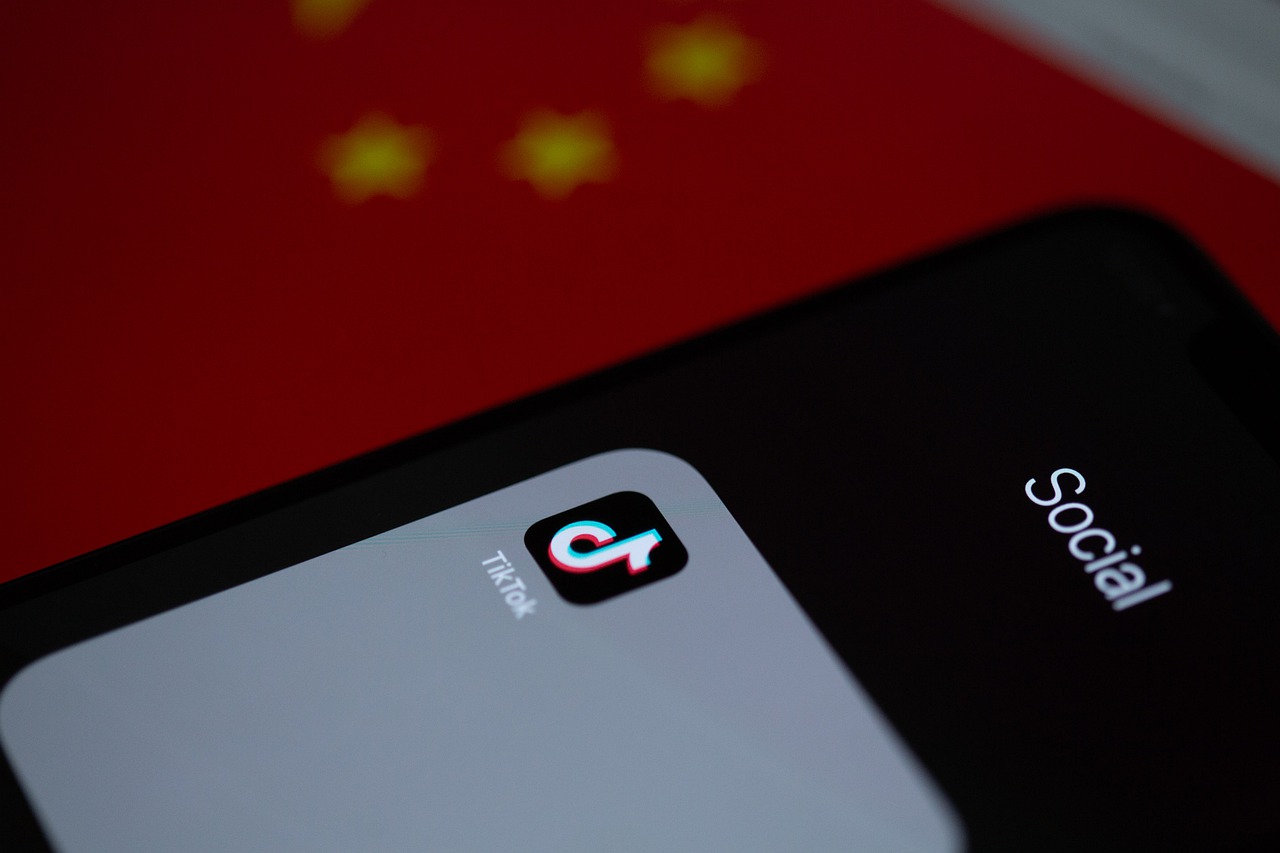
A US report has been published, accusing China of "digital authoritarianism" or the use of technology to track its own citizens and to exert power globally.
The report, commissioned by Democratic Senator Bob Menendez, warned that China is using digital authoritarianism not only to keep watch of its own citizens but also to extend its power beyond its borders.
What the report says
According to the report, China's surging influence on the technology industry could soon overtake those of the US and other democracies. It also expressed concern over the country's export of surveillance technology.
It also warned that China could rewrite the rules of the internet unless the US and its allies prevent it from happening.
The report reads: "The United States is now on a precipice of losing the future of the cyber domain to China. If China continues to perfect the tools of digital authoritarianism and is able to effectively implement them both domestically and abroad, then China, not the United States and its allies, will shape the digital environment."
It mentioned that the Chinese government has made significant investments in digital surveillance technology that it has exported to countries such as Venezuela, Zimbabwe and Uzbekistan.
On the other hand, global tech platforms, such as Google, Twitter and Facebook, are still banned in China.
Worsening US-China relationship
The US government has been pressuring other nations to ban Huawei from their mobile networks. The Trump administration is also considering a wider ban on other Chinese tech firms such as TikTok.
Tensions between the US and China have also emerged not only over the role of Chinese tech firms but also over China's alleged role in the coronavirus pandemic, as well as conflicts on general trade between the two nations.
General concerns about China's role in global politics are also being raised due to its sweeping new security rules in Hong Kong and evidence suggesting ill-treatment of the Uighur population.
Recently, the UK decided to ban Chinese tech giant Huawei from its 5G network, doing a turnabout on its January decision to grant it a limited role. It instructed operators, including BT and Vodafone, to remove existing Huawei equipment from their 5G networks until 2027.
Digital and Culture Minister Oliver Dowden explained that the new US sanctions imposed on the company in May had "significantly changed" the landscape.
Dowden said: "Given the uncertainty this creates around Huawei’s supply chain, the UK can no longer be confident it will be able to guarantee the security of future Huawei 5G equipment."
Leslie Vinjamuri of Chatham House think-tank said it was a "significant" report that suggested the Democrats would implement a strict China policy if the party took power after the 2020 election.
Vinjamuri explained: "This is a signal of where the Democrats are going and suggests a forceful set of policies that will put more pressure on Europe to follow the US on this. This has been a long time coming and is basically a call to arms for the US to protect not just itself and its technology companies, but to lead a campaign for all democracies. If they can get a coordinated strategy, that is a graver threat to China."






